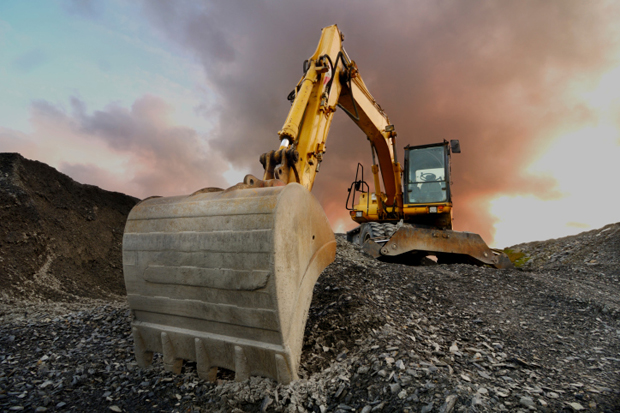It’s much more stressful to live in the country than in a town. There are always threats of one kind or another — wind farms, housing developments, road ‘improvements’, and so on. And then there are often arguments with neighbours about this and that. If it’s not leylandii, which are not one of our problems in south Northamptonshire, there’s always something. We used to have peacocks that migrated to our neighbours’ gardens and proceeded to ruin them. (The peacocks were duly eliminated.) Then the man who mowed our lawn upset people by doing it too early in the morning and waking everybody up. Some of our neighbours have also been quite justifiably annoyed by the wedding receptions we hold periodically in our garden to help pay for the upkeep of two Inigo Jones pavilions. The dancing goes on till midnight, with the music getting louder and increasingly frenzied towards the end — the opposite of what used to happen in my youth, when it became quieter and slower to allow smooching.
Still, there’s nothing like an outside threat to generate solidarity and comradeship among neighbours, and this was achieved by the Spanish energy company Gamesa when it announced a few years ago that it was planning to erect a line of 16 wind turbines, each taller than Big Ben, in front of our houses along the valley of the River Tove. We formed an action group that was eventually successful in seeing off the project. Peace and harmony now reign, but some new cause of anxiety is bound to crop up soon.
But I write from Tuscany, near Arezzo, where we have owned a house for more than 45 years, and we are facing another alarming threat. As it happens, we overlook the valley of a very similarly named river, the River Trove, and across the valley, at the top of a hill, is a former gravel quarry that when we first came here used to generate periodic explosions and emit clouds of smoke. But the quarry was abandoned some 40 years ago when its then owners went bankrupt.
The site has grown over since, and the scars left by the quarrying have almost disappeared; but the quarry has new owners, and they are planning to reopen it. This is not the first time this has been attempted. When other intervening owners tried long ago to get the quarry going again, people in the neighbourhood ganged together and got permission refused. There were many environmental objections to the plan, including the prospect of lorries carrying loads of gravel all day along quiet country roads.
It’s time for a new battle, and last week, the day after we arrived here on holiday, the quarry-owners called a meeting in a local gym to explain their project to the populace. Something similar was also organised in Northamptonshire a while ago by the wind-farm people. They took the village hall in Stoke Bruerne, plastered the walls with maps and graphs and statistics, and invited local people to come and be persuaded by Gamesa employees of the virtues of the project. This was a numbingly dull occasion. Attendance was poor, and each visitor was approached individually by a Gamesa person and invited to ask questions. Each left looking bored and indifferent.
But the evening meeting in the Italian gym was something else. It was packed to overflowing with people eagerly waiting to hear what a geologist and a landscape architect employed by the quarry owners had to say. When they promised bribes to the local community, as the wind-farm people had in Northamptonshire, and said that the financially strapped local council would have no more money problems in future because of what they were going to pay it, the audience grew agitated. One after another, people rose from their seats and shouted abuse at the speakers. A great cacophony took over the hall, as people jabbered away to each other, challenging the veracity of what they were being told; and eventually the architect sat down and buried his head in his hands.
Good old Italy, I thought. But then I realised that most of the hecklers, who had been shrieking away in perfect Italian, were not Italians at all, but ex-pats from Germany, Belgium, and elsewhere in northern Europe, who had moved here for good and were seeing their dreams of life in a peaceful Mediterranean retreat under threat. Their courage and eloquence were impressive, as was the support they got from almost all the Italians present. It was a most encouraging start to the campaign.
Got something to add? Join the discussion and comment below.
Get 10 issues for just $10
Subscribe to The Spectator Australia today for the next 10 magazine issues, plus full online access, for just $10.
You might disagree with half of it, but you’ll enjoy reading all of it. Try your first month for free, then just $2 a week for the remainder of your first year.














Comments
Don't miss out
Join the conversation with other Spectator Australia readers. Subscribe to leave a comment.
SUBSCRIBEAlready a subscriber? Log in